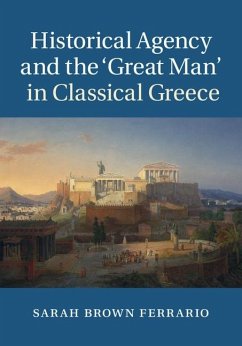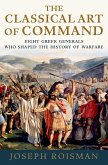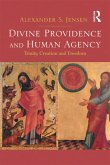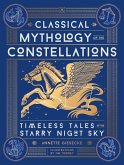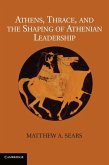The 'great man' of later Greek historical thought is the long product of traceable changes in ancient ideas about the meaning and impact of an individual life. At least as early as the birth of the Athenian democracy, questions about the ownership of the motion of history were being publicly posed and publicly challenged. The responses to these questions, however, gradually shifted over time, in reaction to historical and political developments during the fifth and fourth centuries BC. These ideological changes are illuminated by portrayals of the roles played by individuals and groups in significant historical events, as depicted in historiography, funerary monuments, and inscriptions. The emergence in these media of the individual as an indispensable agent of history provides an additional explanation for the reception of Alexander 'the Great': the Greek world had long since been prepared to understand him as it did.
Dieser Download kann aus rechtlichen Gründen nur mit Rechnungsadresse in A, B, BG, CY, CZ, D, DK, EW, E, FIN, F, GR, HR, H, IRL, I, LT, L, LR, M, NL, PL, P, R, S, SLO, SK ausgeliefert werden.

